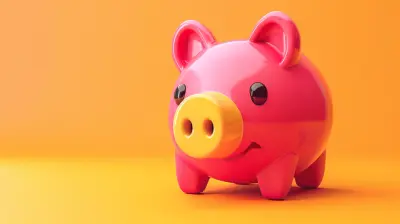Why Everyone Needs an Emergency Fund, No Matter Their Income
23 September 2025
Ah yes, the emergency fund — that mystical pool of money everyone talks about but nobody wants to actually build because... well, life's expensive. You might be thinking, “I barely survive paycheck to paycheck, is someone really out here suggesting I stash money in a fund that just sits there?” Yep. That’s exactly what this is.
But before you toss your phone in frustration and mutter something about financial gurus living in another dimension, stick with me. Because no matter whether you’re rolling in dough or rolling coins to scrape together a burrito, you need an emergency fund. I don’t care if you’re Bill Gates or your bank account is so low it echoes — unexpected stuff happens to everyone.
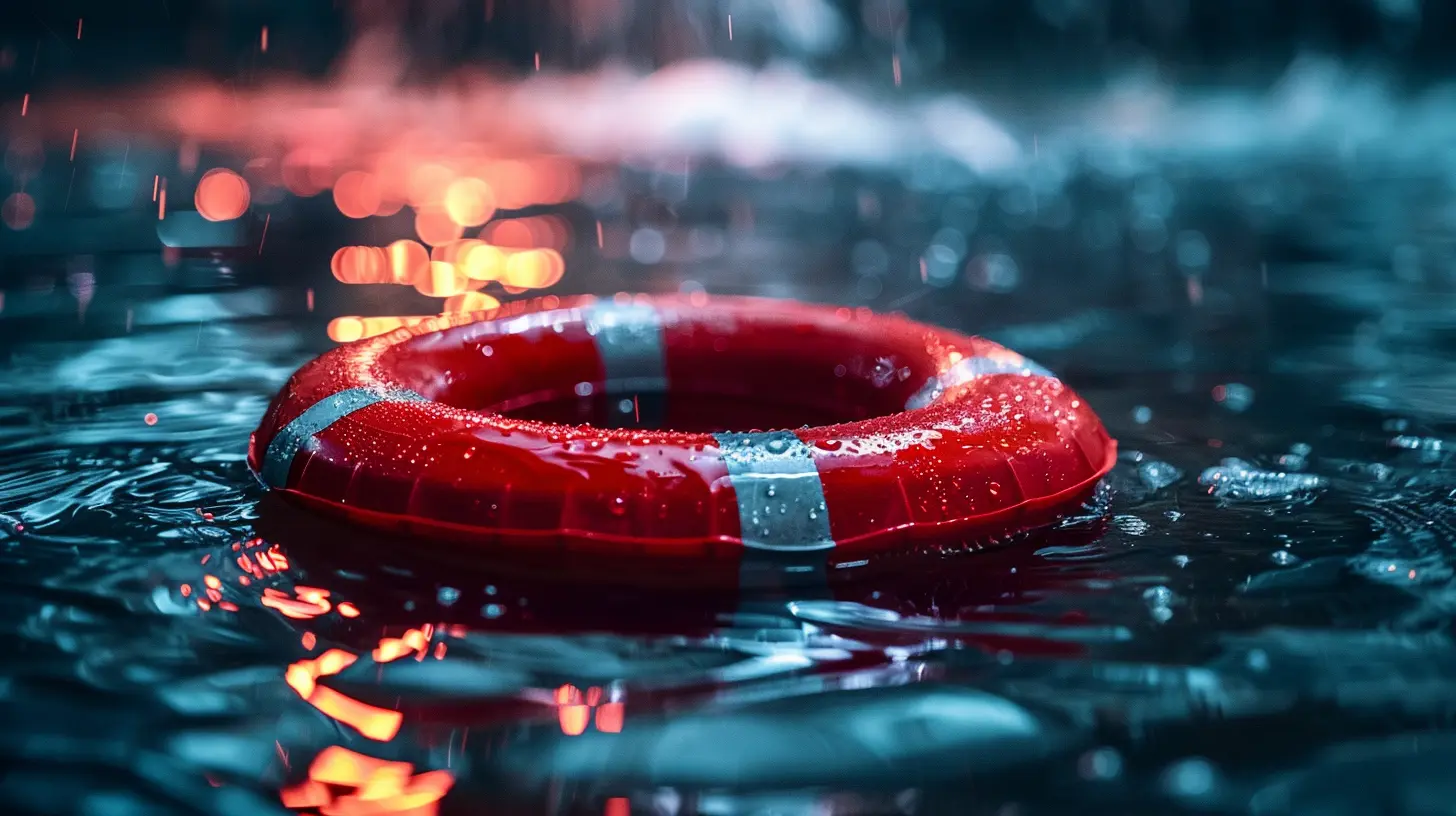
Let’s Be Real: What Even Is an Emergency Fund?
Picture your bank account as a fancy house of cards. Looks pretty stable, right? Until life, in all its chaotic glory, decides to sneeze on it. Boom — cards everywhere.An emergency fund is your metaphorical sneeze guard. It's a stash of money set aside for life's greatest hits: car breakdowns, surprise dental work, job layoffs, or that moment your dog decides to swallow a sock and rack up a $2,000 vet bill (true story, don’t ask).
It’s not for concert tickets, new iPhones, or that "emotional support pizza" you order three times a week. This money is for real emergencies — those wildly inconvenient plot twists that could toss your finances off a cliff faster than you can say “overdraft fee”.
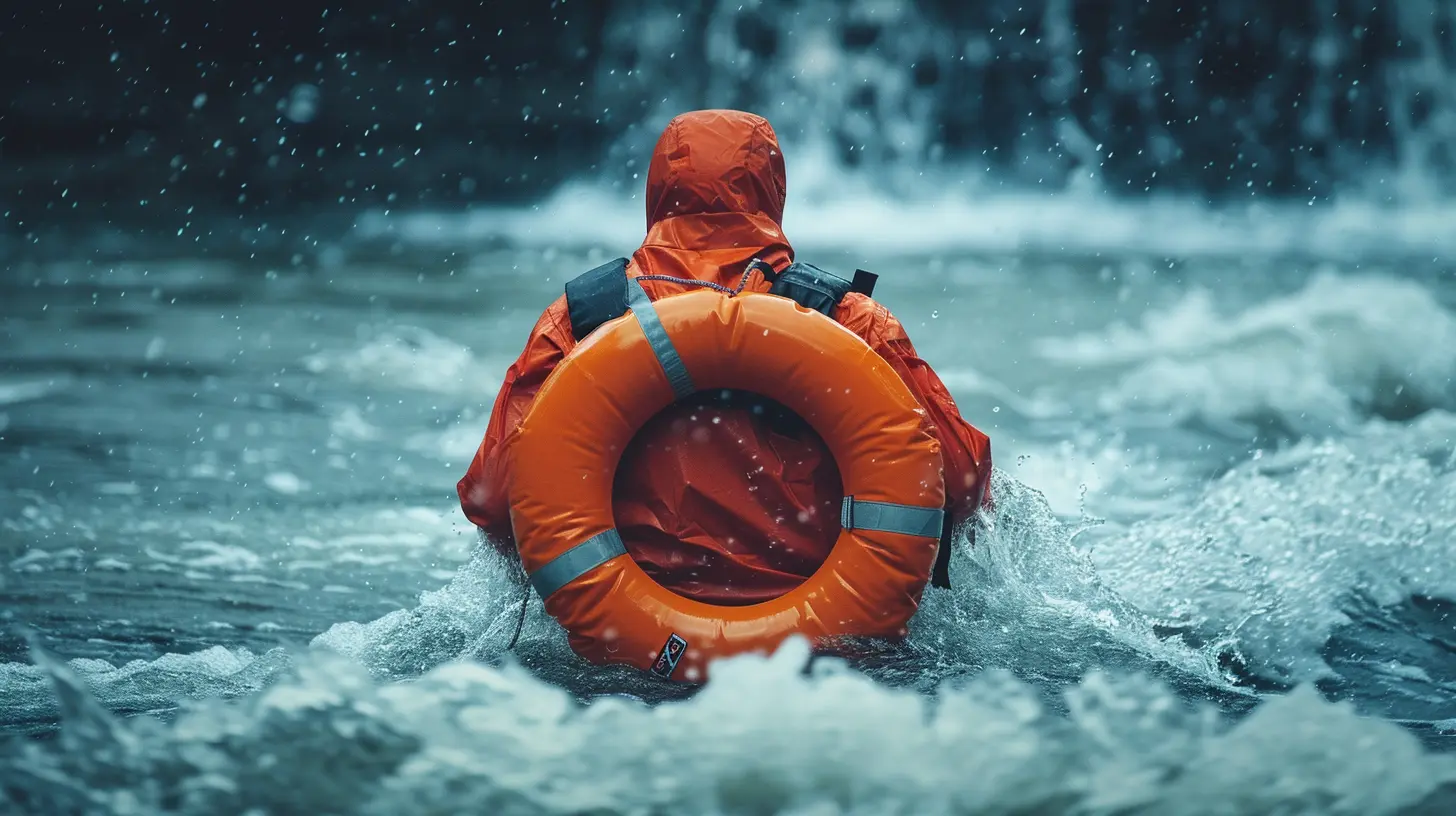
“But I’m Broke. How Am I Supposed to Save?”
Ah yes, the classic rebuttal. And honestly? Fair. But let’s unpack that.Newsflash: Being Broke Is a Reason to Save, Not an Excuse Not To
If you’re living paycheck to paycheck, you’re one missed payday away from financial disaster. You don’t have a safety net — you are the net. So when the unexpected hits (which it will — Murphy’s Law is working overtime, baby), what’s the plan? Credit cards? Payday loans? Begging your cousin?Spoiler alert: That’s like trying to fix a leaking boat by drilling more holes. Bad idea.
Starting an emergency fund actually gives you power. Even just $500 tucked away can turn a would-be financial nightmare into just an annoying blip on the radar.
Start Small, But Start Now
No one’s asking you to squirrel away three months of expenses overnight. That’s like training for a marathon by running 26 miles on day one.Instead, start with a goal that won’t make you crawl under your bed and cry — like $100. Then $500. Then a month of expenses. Baby steps, my friend.
Set up automatic transfers (even $10 a week adds up). Sell that treadmill you used once. Cancel that streaming service you forgot you had. Your future self will thank you. Probably with tears of joy and a relieved sigh when the car battery dies.
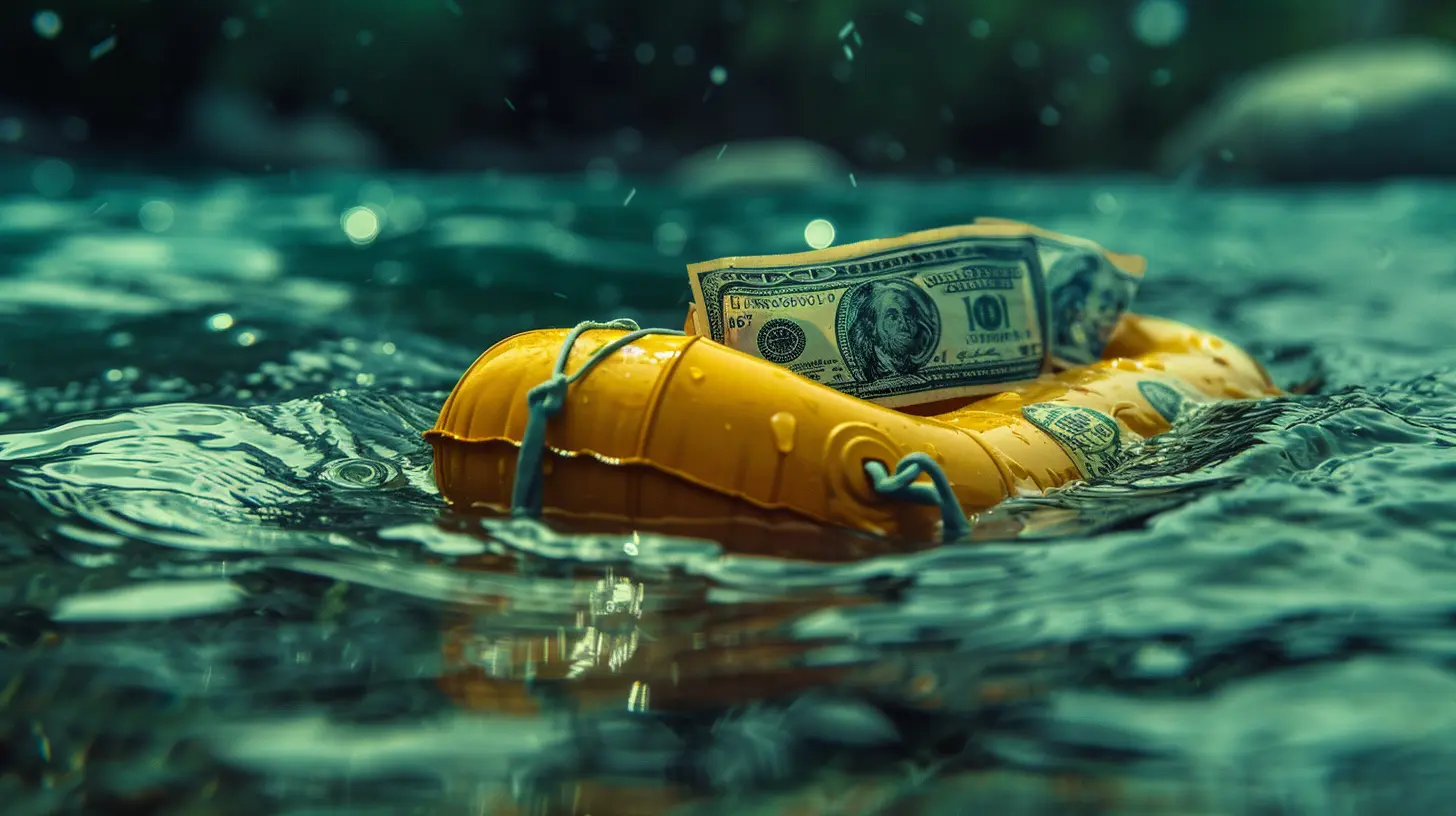
It’s Not About How Much You Earn — It’s About How Much You Keep
Here’s a fun truth: High income doesn’t mean high security. Celebrities go bankrupt. Doctors get laid off. People making six figures can blow through paychecks like a kid in a candy store.In fact, some of the most broke people walking around are the ones who look the richest. New car, fancy clothes, artisanal coffee — and not a penny saved. They’re one layoff away from panic-buying ramen.
So no matter how much you earn — $30k or $300k — without an emergency fund, you're gambling with your peace of mind. And unlike Vegas, when life deals you a losing hand, there’s no free drink while you wait.
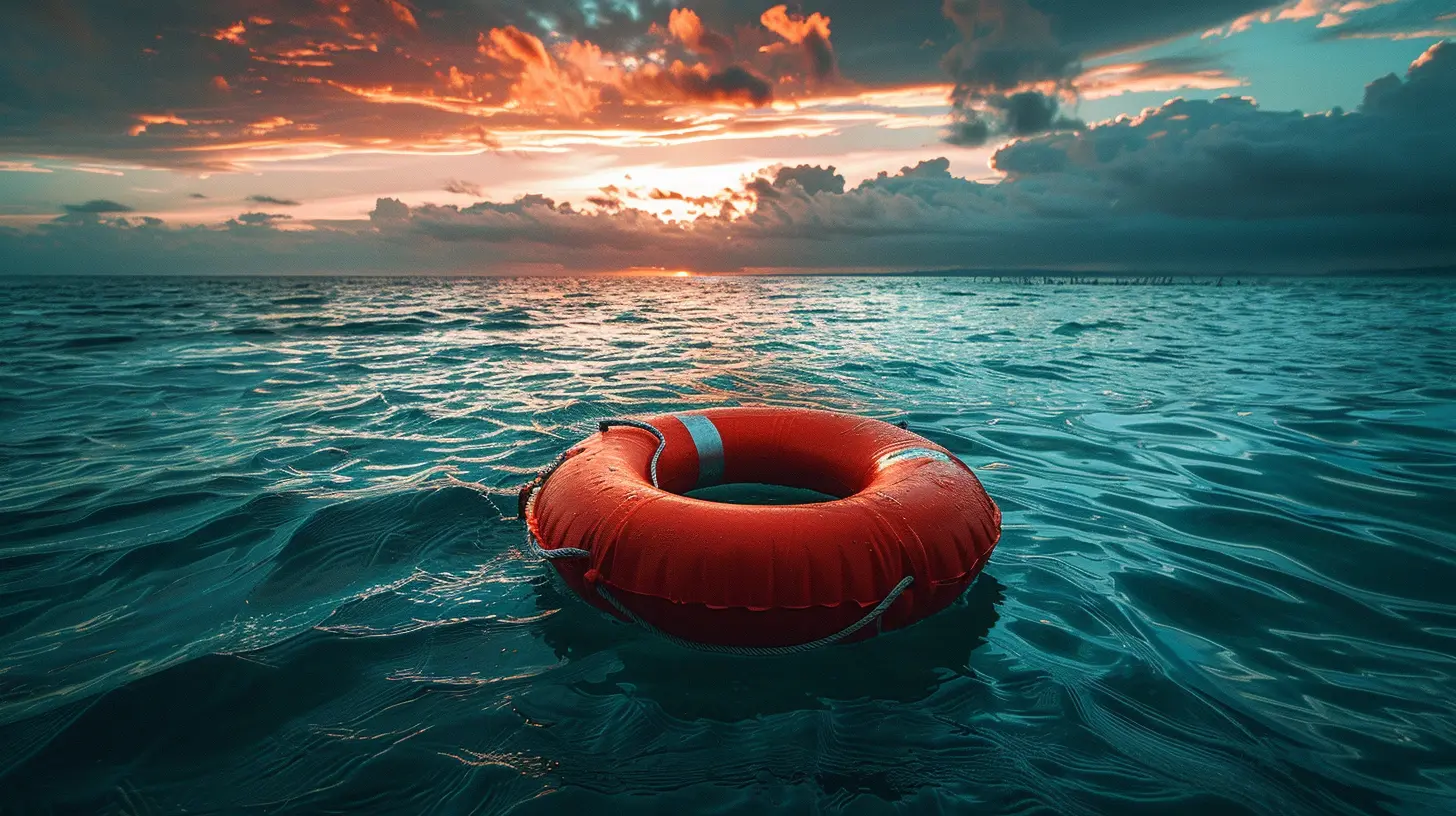
Real-Life Plot Twists You Can’t Predict
Because let’s face it, life is basically one long Shyamalan movie — full of unexpected twists. Here’s just a tiny sampling of chaos you might face:- Job loss: Your “secure” job suddenly isn't so secure after that company merger.
- Medical bills: Turns out stomach pain wasn’t just bad sushi — it was appendicitis.
- Car troubles: Because your car enjoyed working for 5 years straight and decided it earned a little break... mid-commute.
- Natural disasters: Floods, fires, earthquakes — Mother Nature doesn’t care about your budget.
- Family emergencies: Not every emergency is yours — sometimes you’re helping a loved one who’s struggling.
Having money to fall back on won't fix the problem, but it keeps you from digging a deeper hole while you're climbing out of the old one.
Peace of Mind: Worth Its Weight in Gold
There’s something glorious about logging into your banking app and not breaking into a flop sweat. That’s what an emergency fund buys you — not just financial stability, but mental stability too.You sleep better. You stress less. You know that if (read: when) life throws a financial punch, it won’t knock you out cold.
Honestly, peace of mind is the unsung hero of adulting. Who knew security could feel so darn satisfying?
The False Security of Credit Cards
“But I have a credit card! That’s my emergency fund!” Oh honey, no.Credit cards are a temporary fix with long-term consequences. Sure, they’ll get you out of a jam — and right into a cycle of debt, interest rates, and regret. It’s like extinguishing a fire with gasoline.
An emergency fund, on the other hand, is your money. No strings. No interest. Just good old-fashioned, stress-reducing, problem-solving cash.
How Much Should You Have Stashed?
Glad you asked. The golden standard is 3 to 6 months of expenses. Sounds like a lot? That’s okay — aim for one month and build from there.Here’s a quick formula:
1. Add up your must-haves — rent, groceries, utilities, insurance, etc.
2. Multiply that by 3 (or 6, if you’re feeling ambitious).
3. That’s your goal.
If you’re a gig worker or self-employed (read: your income is about as predictable as the weather), go toward the 6-month mark. The more unstable your income, the beefier your safety net should be.
Where Do You Keep This Magical Money?
Under the mattress is… not ideal. Here are better ideas:High-Yield Savings Account
Best option. It earns a little interest, is easy to access, and sits separate from your everyday money.Money Market Account
Also legit. Slightly higher interest rates, still accessible (but maybe with some limits that stop you from impulse-spending it on concert tickets).NOT In Stocks, Crypto, or Under Your Dog’s Bed
Emergency funds are about safety. Not risk. If it can lose value or take days to access, it’s not the right place. Period.When to Use (and Not Use) Your Emergency Fund
It's tempting to dip into that sweet pile of cash just because it's there. But remember: emergencies only. That’s the rule.Acceptable Uses:
- Unexpected medical expenses.- Necessary car/home repairs.
- Temporary job loss.
- Emergency travel (not vacation — think family crisis).
Not-A-Chance Uses:
- Black Friday sales.- Designer shoes.
- Upgrading your perfectly fine TV.
- “I just really needed a new phone…”
Practice restraint. Pretend your emergency fund is guarded by a dragon that only awakens for true crises.
Emergency Fund = Financial Adulting
Building one? That’s next-level adult behavior. Like buying insurance or flossing regularly. It's not glamorous, but it’s a huge flex.It says, “I’ve got my stuff together. I might not have a yacht, but I won't drown in debt when my radiator explodes.” And honestly? That’s more powerful than any luxury purchase.
Accountability Tip: Make It a Game
Turn saving into a challenge. Compete with a friend. Track your progress. Name your fund something fun like “Oh Crap Fund” or “Break In Case of Life.”Celebrate milestones — bought your first fire extinguisher with it? That’s $50 well spent. Cooked at home just to save $20 for the fund? You deserve a parade.
Final Thoughts
Life is messy. Unpredictable. Chaotic. And the only thing worse than a curveball from the universe is getting hit with it while financially naked.No matter your income, the emergency fund is your financial armor. It's the gentle “you got this” whisper in times of panic. It’s the adult version of a security blanket — but instead of fluff, it’s filled with cold, hard cash.
So yeah, everyone — and I mean everyone — needs an emergency fund. Even you. Especially you.
Now go start yours. Like, right now. Your future self is already slow-clapping for you.
all images in this post were generated using AI tools
Category:
Emergency FundAuthor:

Knight Barrett
Discussion
rate this article
1 comments
Dior Gates
Great reminder! An emergency fund is essential for financial peace.
October 1, 2025 at 2:35 AM

Knight Barrett
Thank you! I'm glad you found it helpful. An emergency fund truly is a vital component of financial stability for everyone.


